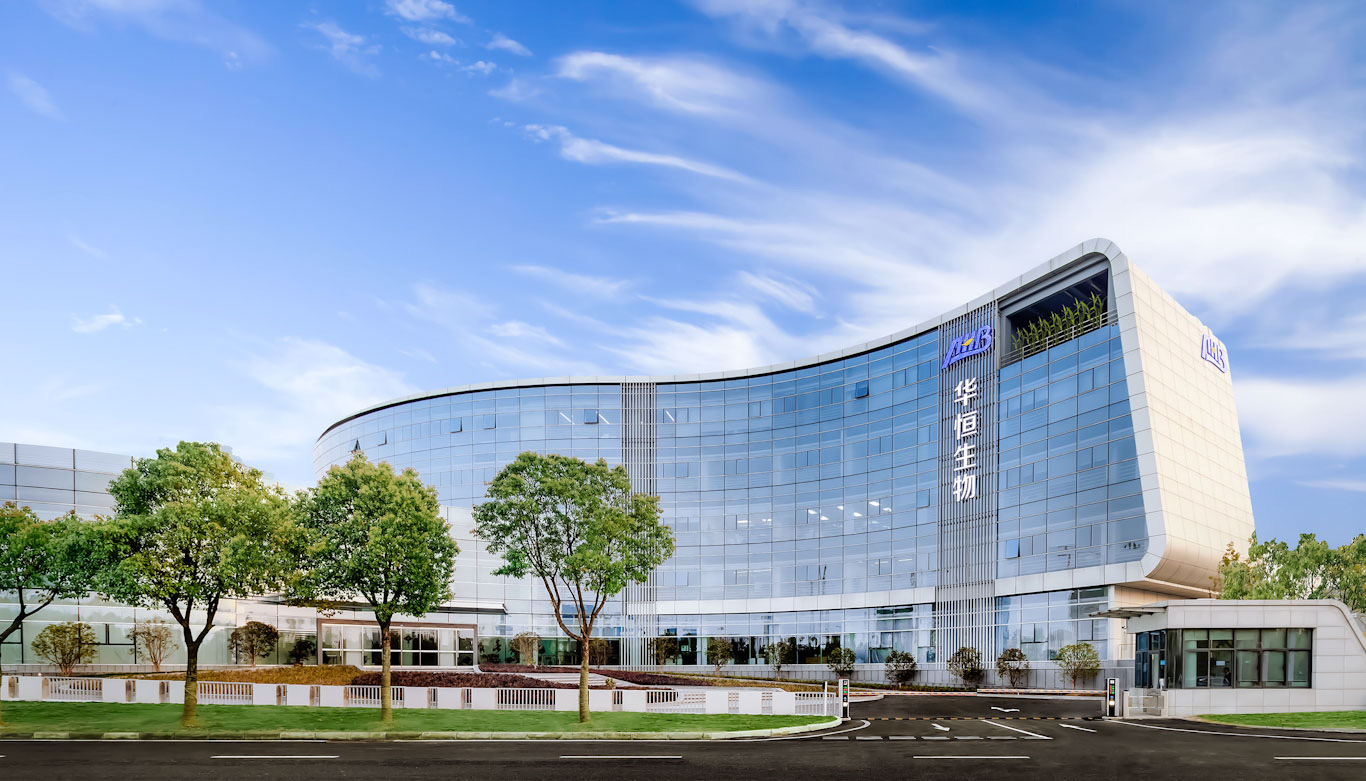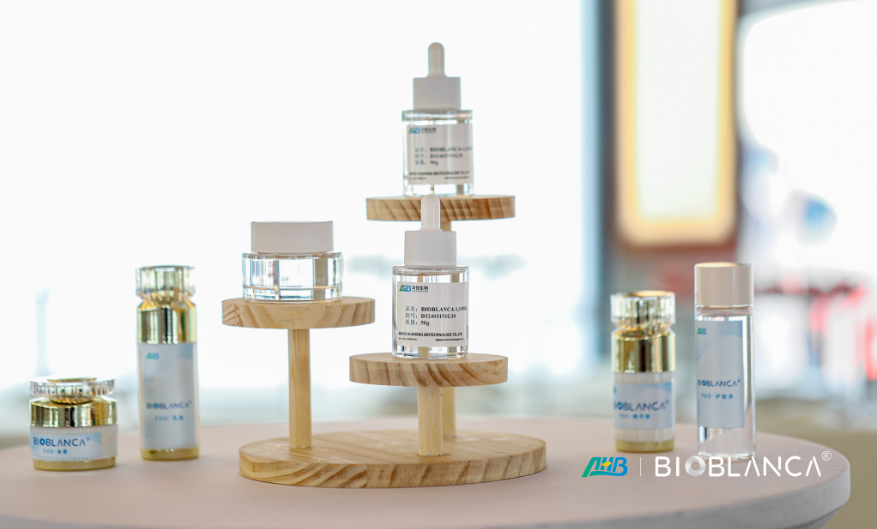Currently, the development and application of low-protein, low-soybean meal diets are strategic choices in the livestock industry. They are also a necessary option for companies looking to reduce feed costs and improve energy efficiency, with methionine playing a crucial role in this context. AHB, in line with emission reduction, low-carbon, and sustainable development requirements, has introduced an environmentally friendly bio-based L-methionine product, considering “reducing environmental impact” as a vital indicator.
With the rapid growth of the amino acid feed market, the demand for L-methionine continues to rise. According to the China Bio-fermentation Industry Association’s estimates, global demand for methionine is projected to reach 78,000 tons in 2023, with a compound annual growth rate of 24% from 2020 to 2023.
Proteins in feed and lean meat tissues are composed of amino acids, and methionine is the fifth-limiting amino acid in pig feed and the fourth-limiting amino acid in poultry feed, playing a significant role in promoting the growth and development of livestock and poultry. Adding methionine to feed can increase milk production in lactating sows, improve milk quality, and stimulate feed intake in weaned piglets, thereby enhancing piglet daily weight gain. Since animals cannot synthesize methionine internally, they must obtain it from their diet to meet their nutritional needs.
By adding methionine on top of the supplementation of amino acids such as lysine, threonine, tryptophan, and methionine itself, the protein level in animal diets can be further reduced without affecting animal growth performance. This not only reduces feed costs but also preserves the resources used in feed crop production. It subsequently reduces land use, greenhouse gas emissions, potential nutrient runoff, and acidification. Adding methionine also meets the increasing global demand for animal protein food.
The methionine produced by AHB is a healthy amino acid generated through an eco-friendly fermentation process. Building upon the long-term research in L-methionine through fermentation, AHB initiated the anaerobic fermentation process for L-methionine in 2019. This has brought safer and more economical products to the feed and livestock industries, helping customers enhance quality, reduce costs, and decrease carbon emissions throughout the entire supply chain.
With advanced processing technology, superior product quality, and eco-friendly production methods, AHB’s fermentation-derived methionine is continually contributing to the sustainable development of the feed industry.











